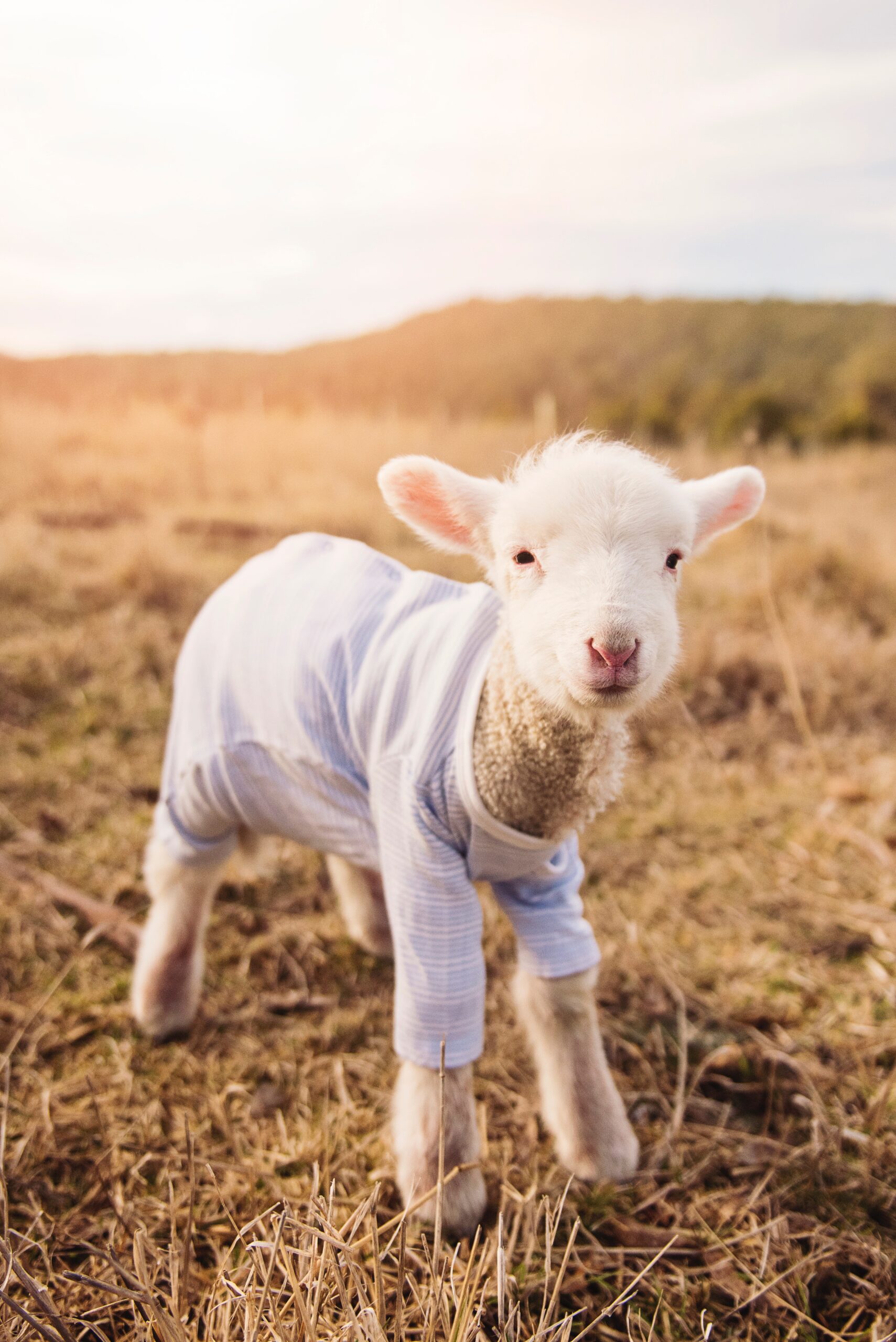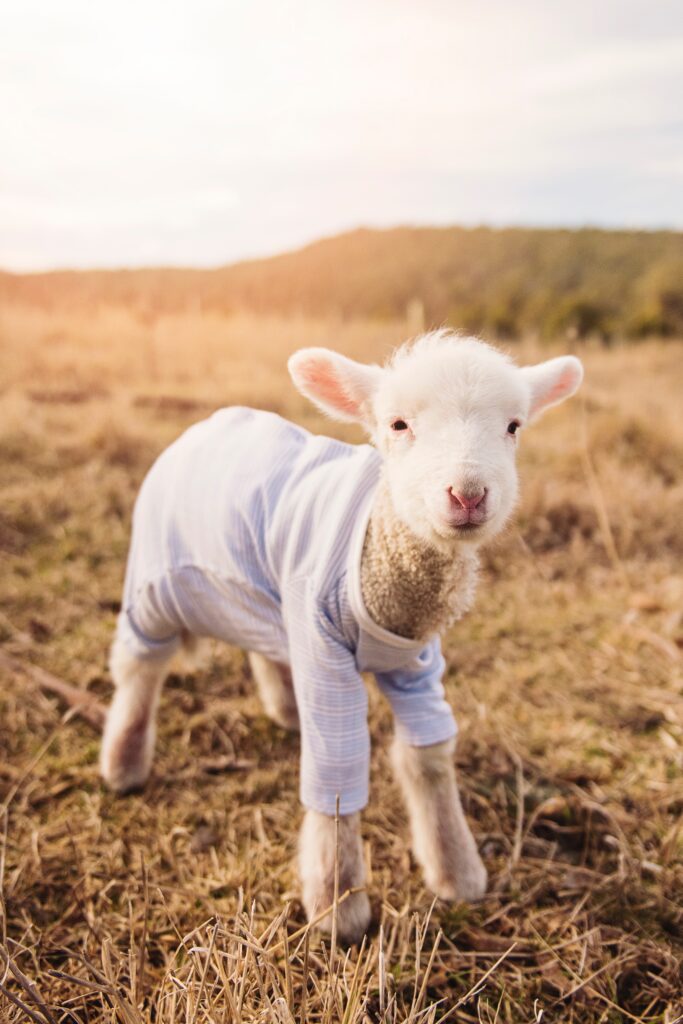
Old Slang: A Journey Through Time
Slang, a dynamic and ever-evolving aspect of language, provides insights into the cultural, historical, and social contexts of different time periods. “Old slang” refers to the informal and colloquial language used in the past, which often reflects the attitudes, trends, and values of bygone eras. This article takes you on a fascinating journey through time, exploring the world of old slang and its enduring impact on language and culture.
Slang has always been the language of the people, a way to communicate informally and often rebelliously against the formalities of conventional language. Over the centuries, slang has developed in response to the changing needs and desires of various communities, reflecting their unique identities and lifestyles.
Explore More Slang: Learn More
The Roaring Twenties: Flappers and Jazz Age Slang
The 1920s, known as the “Roaring Twenties,” brought a wave of social and cultural changes. Jazz music, speakeasies, and flapper culture dominated the era. Slang from this period, such as “bee’s knees,” “flapdoodle,” and “cat’s meow,” captured the spirit of the time. Learn more about the Roaring Twenties.
Beatniks and the Counterculture: 1950s and 1960s Slang
The 1950s and 1960s marked the rise of the Beat Generation and the counterculture movement. Slang like “cool,” “groovy,” and “far out” reflected the rebellion against the conformity of the era and the embrace of alternative lifestyles. Explore the Beat Generation.
The British: Swinging Sixties Slang
The “Swinging Sixties” in the UK introduced iconic slang terms such as “fab,” “gear,” and “bird” through the influence of British pop culture and music. The Beatles, The Rolling Stones, and others left an indelible mark on language. Discover the Swinging Sixties.
Disco and Studio 54: 1970s Slang
The disco era of the 1970s gave rise to slang like “disco fever,” “boogie,” and “chillin’.” Studio 54, the legendary nightclub, was at the heart of this cultural revolution. Relive the disco and Studio 54 era.
Old West Lingo: 19th-Century Frontier Slang
During the 19th century, the Old West was a melting pot of cultures, and the slang of the time reflected this diversity. Terms like “buckaroo,” “varmint,” and “saddle tramp” emerged from the frontier lifestyle. Explore the Old West.
The Jazz Age: 1930s Harlem Renaissance Slang
The Harlem Renaissance of the 1930s was a cultural and artistic explosion. African American slang from this era introduced expressions like “jive,” “cool cat,” and “high hat.” Dive into the Harlem Renaissance.
Pirates and Buccaneers: Maritime Slang
The golden age of piracy in the 17th and 18th centuries birthed nautical slang that is still in use today. Terms like “avast,” “buccaneer,” and “Jolly Roger” have left a lasting legacy.
1. Sea Shanties and Chants
- Yo Ho Ho: A classic pirate expression often used to convey enthusiasm or cheerfulness. Derived from sea shanties, it encapsulates the spirit of high-seas camaraderie.
- Heave Ho: The collective effort needed for tasks like hoisting sails or raising anchor. An embodiment of teamwork aboard a pirate ship.
2. Nautical Nomenclature
- Ahoy: A traditional maritime greeting, meaning “Hello” or “Greetings.” Pirates would often use this term to signal other ships.
- Avast: A command to stop or desist, often used to grab the attention of the crew. “Avast, ye scurvy dogs!”
3. Plunder and Booty
- Shiver Me Timbers: An exclamation of surprise or disbelief. Often used when a pirate is taken aback by something unexpected.
- Pieces of Eight: Referring to Spanish dollars, this term became synonymous with pirate treasure.
4. Pirate Lingo
- Landlubber: A term used to describe someone unfamiliar with life at sea. Pirates often used it mockingly to refer to those inexperienced with nautical affairs.
- Buccaneer: Originally used to describe hunters of wild cattle in the Caribbean, it later became synonymous with pirates.
5. Ship Terminology
- Jolly Roger: The infamous pirate flag, usually featuring a skull and crossbones. A symbol of impending danger and often flown to intimidate other vessels.
- Poop Deck: The highest, furthest-back deck on a ship. Contrary to its humorous name, it held strategic importance.
6. Pirate Insults
- Scallywag: A playful term for a rascal or rogue. Pirates used this to affectionately tease or taunt their crewmates.
- Bilge Rat: A derogatory term for someone considered beneath contempt. Pirates would use this insult during moments of frustration.
Delve into the nautical slang that emerged during the golden age of piracy in the 17th and 18th centuries and its impact on maritime culture at history.com.
What Were the Origins of Frontier Slang in the Old West?
Discover the origins and diverse influences on 19th-century frontier slang in the Old West through historical accounts and articles at historynet.com.
Learn about the persistence of old slang in modern language and its ongoing influence on contemporary expressions by consulting linguistic and language evolution resources at linguisticsociety.org.
What Role Does Old Slang Play in Capturing the Spirit of an Era?
Discover the role of old slang in capturing the spirit of a particular era and how it serves as a linguistic time capsule by reading language and cultural studies articles at culturematters.com.
Looking for the place where this picture was taken?
Comment on our instagram and we will reply.




